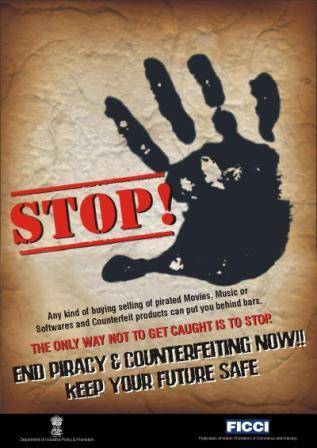This post was first published on March 8th, 2012.
Recently a US District Court ordered shut down of the popular file-sharing site www.megaupload.com after the US government accused the site of pocketing more than $175 million by sharing pirated films, books, music and software files. Kim Dotcom, the founder of the site was arrested in New Zealand and his Auckland mansion with a fleet of luxury cars was put on display. The US Government has alleged that the estimated loss to copyright owners and publishers accounts for more than $500 million.
It is a startling fact that a single website could generate wealth in such humongous proportions by just sharing files online, but it is indeed shocking to know how easy it is to make such money. Mr. Dotcom says he has done ‘nothing more than just providing online storage and bandwidth to users, that’s it!’
The best thing about sharing files online is that the person sharing a file with another does not lose one. It’s quick, easy and doesn’t even cost so much as a nickel head. Most people don’t even give a second thought before downloading a file online since they don’t feel guilty of depriving someone of his/her copy of the file. Little do they care about the copyright owner who makes a living out of the proceeds of sales of his book, music or film.
People may resort to online piracy for many reasons. It can be availability, expense, convenience, fun or lack of deterrence. While the publishers reach out to only a section of the globe, the internet can make a book available for download almost anywhere around the globe. A legal copy of a movie costs $10 to $15 online as compared to a DVD ripped copy available for free download on torrent sites. It is so convenient and fun to share with my friends, a nice latest movie I saw without incurring any expense in the process.
The best way to combat online piracy, according to me, is to narrow down the above differences and to make piracy difficult. Publishers and authors have to make their works available online with greater accessibility and lesser expense; invest in technology and legal measures to attack and take down pirated contents; Governments should come up with measures to block the torrent sites and their proxy operations. There may be brighter ideas than these. If you have one, please share it with us.



